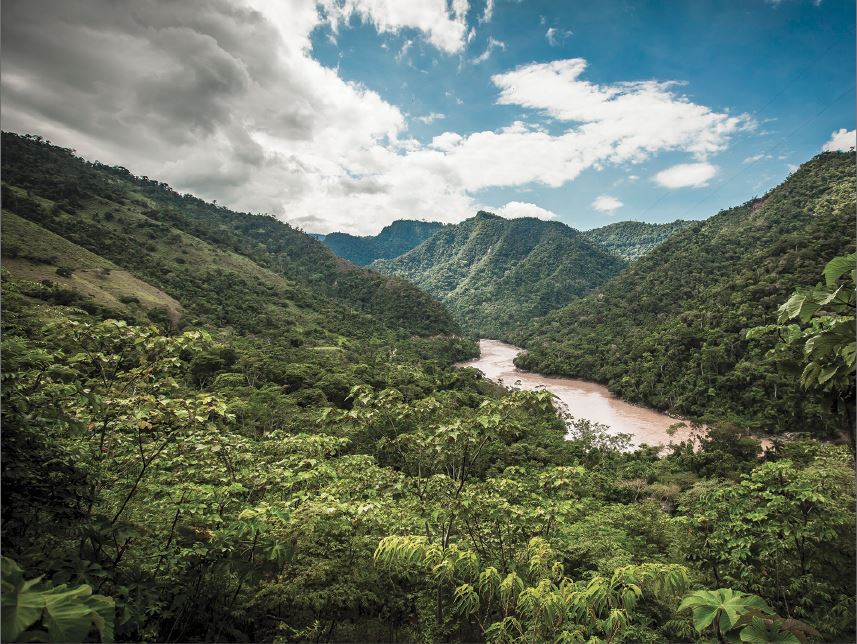 This past May I wrote an article, Biotech May Help Cool the Planet, about a new book by David Wallace Wells entitled “The Uninhabitable Earth.” Wells makes the case, quite persuasively IMHO, that climate change will be much worse than we ever imagined and that we can expect more floods, plagues, water shortages, famines, wildfires, and desertification. I also discussed the role biotech could play in helping to alleviate some of the symptoms of climate change.
This past May I wrote an article, Biotech May Help Cool the Planet, about a new book by David Wallace Wells entitled “The Uninhabitable Earth.” Wells makes the case, quite persuasively IMHO, that climate change will be much worse than we ever imagined and that we can expect more floods, plagues, water shortages, famines, wildfires, and desertification. I also discussed the role biotech could play in helping to alleviate some of the symptoms of climate change.
Last month, two additional strategies came to light as potential weapons in the climate battle. In an article in Science, Thomas Crowther, PhD, at ETH-Zurich and colleagues reported that around 0.9 billion hectares of land worldwide would be suitable for reforestation and noted that this could ultimately capture two thirds of carbon emissions caused by humans.
With over half of the reforestation effort targeted at the United States, Russia, Canada, Australia, Brazil, and China, 1–1.5 trillion trees would be added to the 3 trillion trees currently on the planet. This translates into an area the size of the U.S. available for
restoration. Once mature, these new forests could store 205 billion tons of carbon, about two thirds of the 300 billion tons that have been released into the atmosphere as a result of human activity since the Industrial Revolution, according to Crowther, who says this approach would be “the most effective method to combat climate change.”
Also last month, from the Carnegie Science Center in Palo Alto, CA, a new website (www.plantcellatlas.org) has been created for the Plant Cell Atlas, which is intended to allow researchers from diverse fields to track plant cell activity and relate it to external conditions on a global scale. Sue Rhee, PhD, and David Ehrhardt, PhD, from Carnegie, and Kenneth Birnbaum, PhD, from NYU, maintain that it is critical to improve the understanding of plant cell structure, function, and physiology to mitigate the damage brought on by climate change on human health, the economy, and the environment.
The road to solving the climate change problem will be long but at least the more astute members of our species are addressing the problem with science and dedication.



